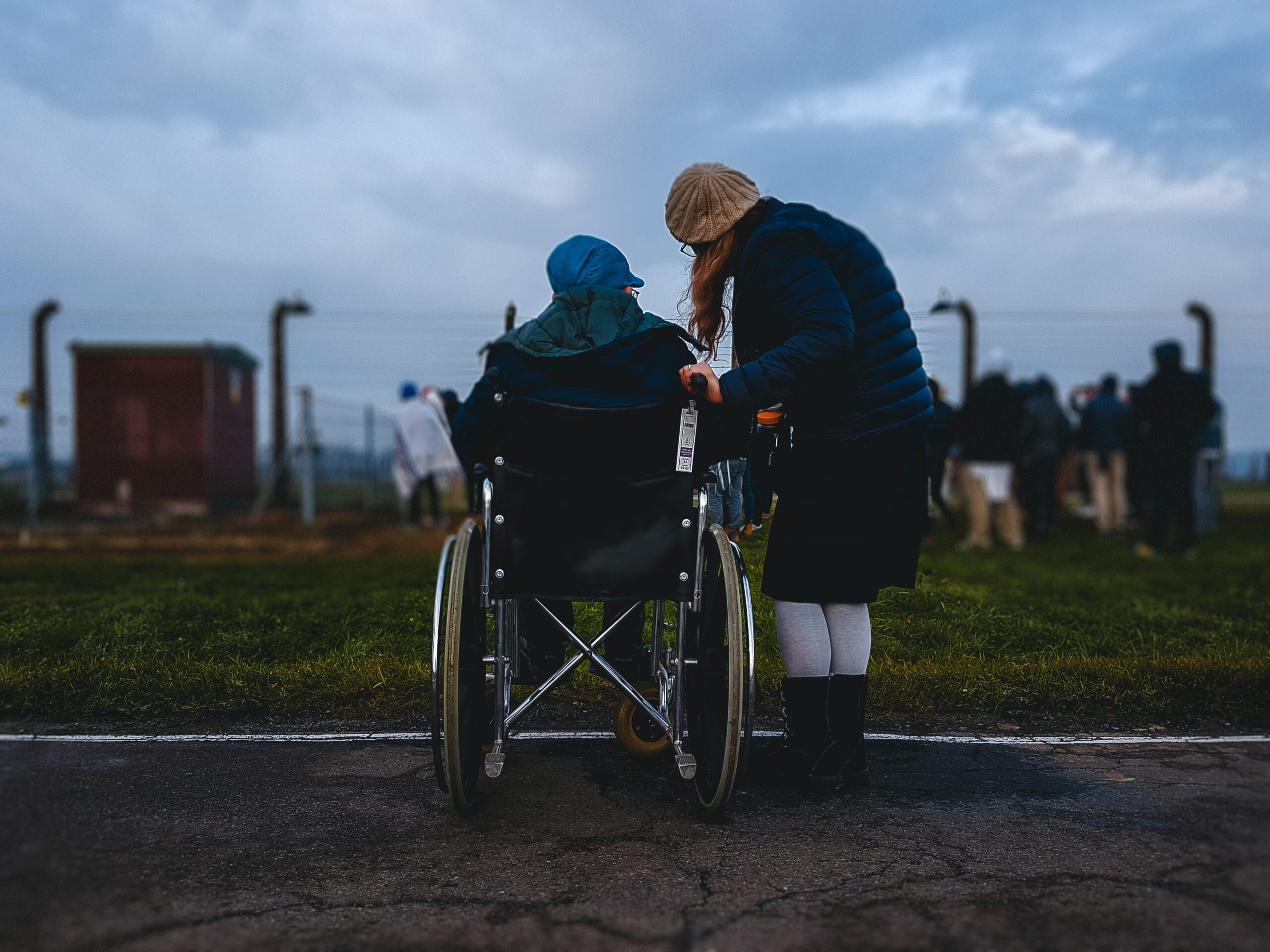Caring for someone we love can be one of the most rewarding things we can do as family members. However, it can also be challenging and sometimes stressful. It’s what we often refer to as “caregiver stress.” So how do we keep our emotional health intact while caring for our loved ones? This post will explore coping strategies for families acting as caregivers.
Understanding the Emotional Challenges of Caregiving
Being a caregiver, especially a family caregiver, can put you through a whole range of emotions, both positive and negative. On the one hand, you feel fulfilled by helping out your loved ones, but on the other hand, the responsibilities can bring about negative emotions. Feeling frustrated, anxious, and even sad is perfectly normal. You might even feel guilty for having these feelings, but it’s important to remember that it’s okay to feel this way.
These feelings don’t only impact your emotional health; they can also take a toll on your physical and mental health. Consequently, managing caregiver stress and finding effective coping strategies is crucial.
Proactive Strategies for Family Caregivers
The emotional roller coaster of being a caregiver can sometimes feel overwhelming. However, several tried-and-tested strategies can help you navigate this journey, reduce stress, and promote emotional balance. Let’s dive deeper into these techniques and methods.
Personal Coping Mechanisms
Managing your emotions and maintaining calm in the face of caregiver stress begins with personal coping strategies.
1. Practice Mindfulness: Being present in the moment can help you reduce anxiety and better cope with stress. Mindfulness can be as simple as focusing on your breathing. When you feel overwhelmed, stop what you’re doing, close your eyes, and take slow, deep breaths. You can also incorporate mindfulness into everyday activities, like during a walk in the park or while having a cup of tea.
2. Prioritize Self-Care: Being a caregiver doesn’t mean forgetting your needs. It’s essential to maintain a balanced diet, exercise regularly, and get enough sleep. Allow time for activities you enjoy to recharge your emotional batteries.
3. Cultivate Emotional Intelligence: Understanding and managing your emotions is a critical skill for family caregivers. Emotional intelligence allows you to recognize your feelings and understand what triggers them, helping you to respond more effectively to stress.
4. Practice Positive Affirmations: Filling your mind with positive thoughts can help counteract negative emotions. Each day, remind yourself of your strengths, your love for the person you care for, and your positive impact on their life.
5. Seek Professional Help When Needed: There’s no shame in asking for help. Therapists, counselors, or a psychologist can provide emotional support and teach additional strategies to improve your emotional well-being.
Social Support Strategies
Family caregivers don’t need to go it alone. Tapping into your network of family, friends, and community resources can help you share the load and find emotional support.
1. Establish a Support System: Communicate your situation to family members and friends who can provide emotional support or help share caregiving responsibilities. You’d be surprised how many people are willing to help when they understand your needs.
2. Join a Caregiver Support Group: Connecting with people in a similar situation can provide immense relief. These groups offer a safe space to share your feelings, learn new coping strategies, and find comfort in shared experiences.
3. Engage with Community Resources: There are often community resources available specifically to support caregivers, such as respite care services, workshops, and seminars. Taking advantage of these resources can make a significant difference in managing caregiver stress.
4. Leverage Technology: Technology can also play a role in helping you stay connected and find support. Many online platforms provide information, support groups, and other resources to help family caregivers.
By implementing these strategies, family caregivers can better navigate the challenges of their roles, foster positive emotions, and maintain their emotional health, creating a more balanced and rewarding caregiving experience.
The Invaluable Role of Family and Community in Caregiving Support
In the challenging caregiving journey, the role of family members, friends, and the broader community in bolstering the caregiver’s emotional well-being is enormous. They provide a crucial support system that can significantly ease the burdens faced by caregivers.
Encouraging Emotional Openness
Emotions can run high in caregiving situations, often making it difficult for the caregiver to express their feelings for fear of being misunderstood or appearing unkind. Family members can encourage emotional openness by providing a safe, non-judgmental space for the caregiver to vent, share concerns, and express feelings.
Sharing Responsibilities
Caregiving should not be a one-person job. Other family members can help share the responsibilities, whether helping with the caregiving tasks, managing finances, or simply providing company to the loved one in care. Every small contribution can give the primary caregiver a much-needed break.
Offering Respite Care
One of the best ways to support a caregiver is by offering respite care. Respite care can involve caring for the loved one for a few hours or days, allowing the primary caregiver to rest, recharge, and attend to personal needs. If family members cannot provide respite care, they can help arrange for a professional respite caregiver.
Fostering Awareness and Understanding
Educating oneself about the loved one’s condition can provide a better understanding of what the caregiver is going through. Awareness of caregiving’s emotional, physical, and mental strains will foster empathy and enable more effective support.
Promoting Access to Resources and Professional Help
Families can also help by researching resources such as caregiver support groups, respite care services, financial assistance programs, and mental health professionals. Guiding the caregiver towards these resources can help them feel more supported and less overwhelmed.
Community Support
The community also plays a vital role in supporting caregivers. Local community centers, religious organizations, and NGOs often offer services and resources tailored to caregivers’ needs, including counseling services, workshops, and activities that promote interaction and relaxation.
Advocacy
Family and community can also advocate for the caregiver, raising awareness about caregivers’ challenges, promoting policies that support caregivers, and fighting the stigma often associated with seeking help for emotional and mental health issues.
By actively participating in the caregiving journey, family and community help reduce the caregiver’s load and enhance their emotional well-being. This collective support makes the caregiving journey more manageable and ensures that caregivers don’t feel like they’re going through this challenging task alone.
Caring for a loved one can be challenging, but remember; it’s okay to ask for help and take time for yourself. Utilizing these strategies reduces stress and can significantly improve your emotional well-being.
Remember, you’re not alone. Reach out to others, join a support group, and take advantage of the resources available to you. With these tools, family caregivers can navigate the challenges of caregiving with greater emotional intelligence and resilience.
We Want to Help You!
At Greenbrook Medical, we believe every senior citizen should be cared for and respected. That’s why we have made it our mission to provide the best possible care for our patients. Contact us today for a consultation or to request an appointment with one of our geriatric doctors!






